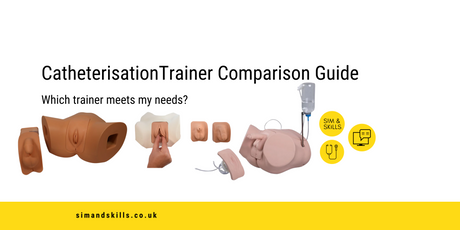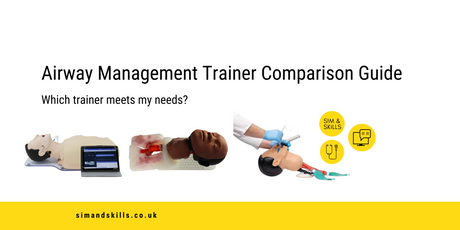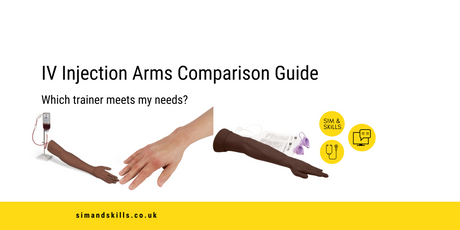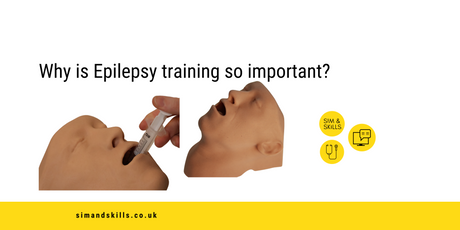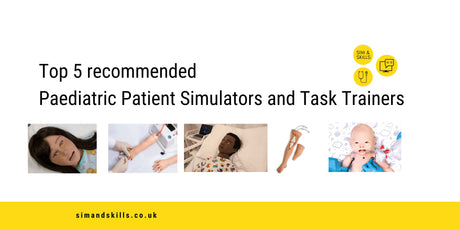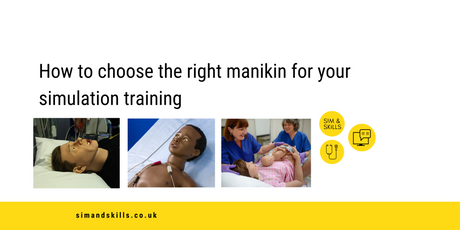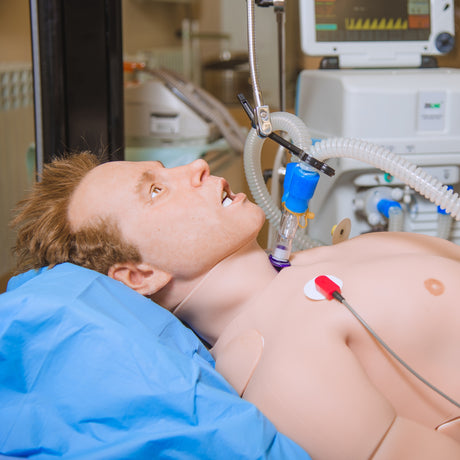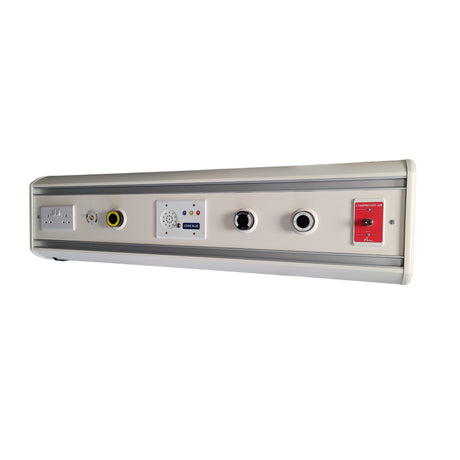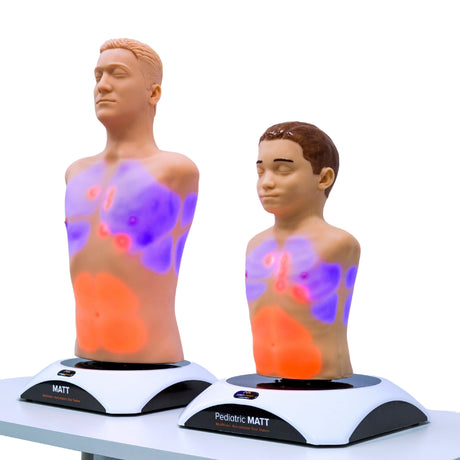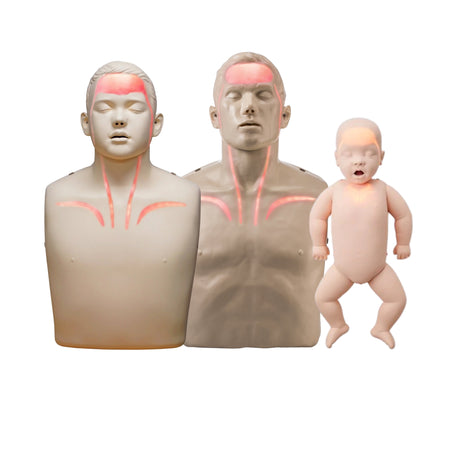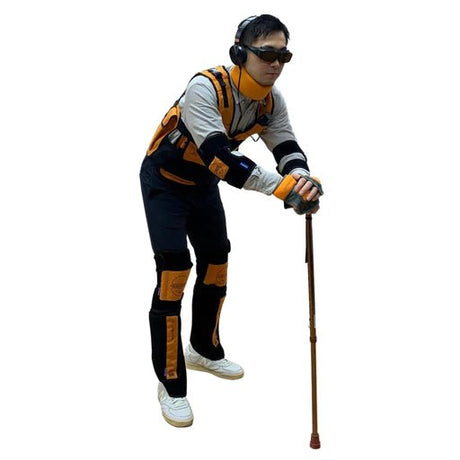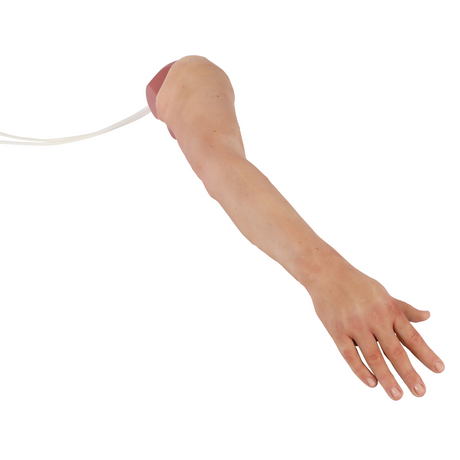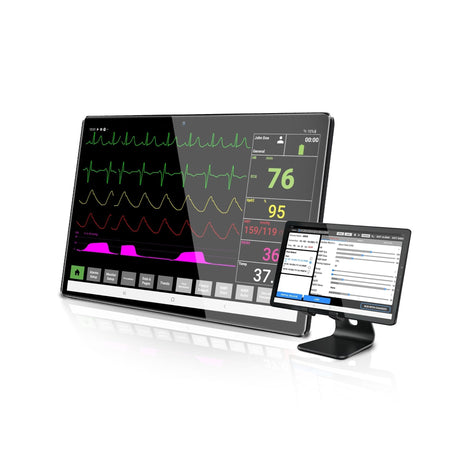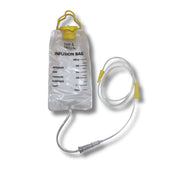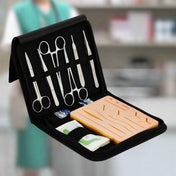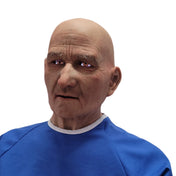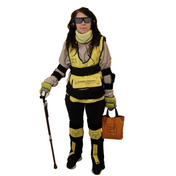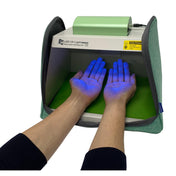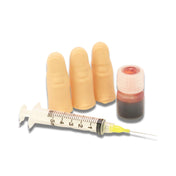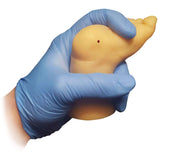Medical simulation and teaching have made significant advances in recent years, as has the associated technology. Yet video debriefing, though highly prevalent, remains one of the hardest skills to master. We believe part of the solution is to use a system specifically designed for healthcare simulation.
Simulation-Based learning and video debriefing go hand in hand to provide an innovative, memorable, and interactive study session. Many college and university departments have accepted and implemented this technique to manage their student burden.
The healthcare sector has shown to be the most benefited area of expertise. Simulation and video debriefing have offered great uses in medical college and hospital settings. It is emerging as the best tool in training doctors for an authentic experience in the field. Debriefing inducts specific skillsets and traits in the doctors' personalities and creates ways to close their knowledge gaps quickly.
There is an increased clinical exposure in doctors who practise their skills with simulation-based techniques. Video debriefing allows the doctor to have an experience that will train them to deal with difficult situations at the bedside.
What is video debriefing in healthcare simulation?
Video briefing has gained enormous popularity in the healthcare sector in recent years. At first, we will discuss what video debriefing is. In simulation, video debriefing is a recorded observation of a training scenario/assessment followed by a debrief of the scenario using the video footage to highlight key learning points. Many doctors produced in such a setting show the best results in their separate domains of medicine. We can imply that debriefing workshops, conferences, and programmes have empowered many professionals with the knowledge and clinical methods.
The Importance of Video Debriefing
Debriefing modulates the users' minds as it embodies him/her with three essential qualities: feedback, reflection, and future experimentation. The participant can recall their experiences in simulation centres while treating and managing patients in the surgery or aneasthesiology department, for example, and relive a scenario they have already faced and learned from in simulation.
Simulation-based workshops help students recognise their weaknesses and how they would feel in front of their patients. They also can experience the physical, mental, emotional, and psychological consequences at the time of debriefing.
At the same time, they can review their performance and understand what aspects to cover regarding healthcare provision. Video Debriefing and Simulation significantly improves the facilities and the expertise available to people for their treatment needs.
Doctors can open and review the lectures, video demonstrations, discussions regarding their topic of interest no matter what time they need for studying.
There has been a drastic improvement in scores of students who practiced and confronted their flaws in debriefing discussions and simulation-based sessions to ensure seamless patient contact.
There are many other cases for the use of video debriefing other than teaching students. Video debriefing is also being utilised in telemedicine nowadays. Many physicians help their patients through an online chat or a video debriefing session and prescribe a suitable treatment. Video debriefing has shown promising results when combined with telemedicine and online links.
Simulation-based methods are the best tools to induct adults with cognitive learning and physiological learning abilities. Video debrief is thought to be the most reliable method of real-time experiential exposure in the study of medicine.
OSCE Related Applications
Objective Structured Clinical Examination (OSCE) is the assessment method of choice for medical professionals in the United Kingdom. Love it or hate it, there is no doubt that as with any model of examination it is vulnerable to flaws. Video recording and debriefing has a broad scope in clinical qualification examinations. Simulation-based audiovisual recording serves as a truly objective record of the assessment event.
Simulators are also available to create a replica of the real-time situation in a particular department. Simulators even act as patients for the doctors to diagnose and examine the patient. OSCE examinations are essential parts of the UK licensing procedure. Video debriefing allows the students to practice frequently and cover the mistakes that hinder the examination procedure.
Simulation-based osce lectures conducted at university, college, or the campus of the academic institution or in hospital settings help the viewer memorize some particular body examination steps.
The specialised healthcare professionals train these students, and the technical UK-oriented clinical practice is made necessary.
Feedback From the Students
Some research papers involve the collective surveys from universities and colleges on having feedback on their experience regarding the simulation-based study scheme. The following results and conclusions shared by the authors are as follows;
Fanning et al., in 2007, stated that video debriefing is the teaching technique from the future. He had students from the Stanford University, where he was working in the department of anesthesiology at that time. He concluded that students who widely accepted the mode of study used in the video simulation-based techniques showed excellent results in the tests taken to check the clinical examinations and methods of the students.
Marissa and Fleeger, in their research paper, studied several students regarding video and simulation scenarios. They concluded that the students had a better understanding, and the scenarios created were valid and authentic. They also emphasized that the preliminary data analysis has shown promising results in the assessments taken. Coordinated teamwork is required to make this video debrief concept work.
Reamer, in his study, strongly recommended that the simulation system be installed in each university and college that provides healthcare education. Any educational institute having students related to reflex management, i.e., aviation, medicine, military, etc., is supposed to have a designed system of video debrief.
Conclusion
It is clear and well known that the simulation centres need to invest more and more to achieve effective results in teamwork and expertise. Many examinations, clinical procedures, OSCEs, and telemedicine can also be combined to provide better patient care. Video debriefing is the need of today and vital to producing better doctors. Training of the existing professionals to understand the mechanism of simulating scenarios is the priority. Simulation centers need to invest more funds, human resources, time, and expertise to ensure the seamless flow of existing designs. There is also a need for the development of software and technology to engage more people simultaneously.
Above all, choose an audio/video debriefing system designed specifically for healthcare simulation. And if you want the best, choose LearningSpace.
References
- Cheng, Adam MD, FRCPC, FAAP; Palaganas, Janice Ph.D., RN, NP; Eppich, Walter MD, MEd; Rudolph, Jenny Ph.D.; Robinson, Traci RN, BN; Grant, Vincent MD, FRCPC Co-debriefing for Simulation-based Education, Simulation in Healthcare: The Journal of the Society for Simulation in Healthcare: April 2015 - Volume 10 - Issue 2 - p 69-75doi: 10.1097/SIH.0000000000000077
- Fanning, Ruth M. Mb, MRCPI, FFARCSI; Gaba, David M. MD The Role of Debriefing in Simulation-Based Learning, Simulation in Healthcare: The Journal of the Society for Simulation in Healthcare: Summer 2007 - Volume 2 - Issue 2 - p 115-125 doi: 10.1097/SIH.0b013e3180315539
- Brett-Fleegler, Marisa MD; Rudolph, Jenny Ph.D.; Eppich, Walter MD, MEd; Monuteaux, Michael ScD; Fleegler, Eric MD, MPH; Cheng, Adam MD; Simon, Robert EdD Debriefing Assessment for Simulation in Healthcare, Simulation in Healthcare: The Journal of the Society for Simulation in Healthcare: October 2012 - Volume 7 - Issue 5 - p 288-294 doi: 10.1097/SIH.0b013e3182620228.
- Raemer, Daniel Ph.D.; Anderson, Mindi Ph.D., RN, CPNP-PC, ANEF; Cheng, Adam MD, FRCPC; Fanning, Ruth MB, MRCPI, FFARCSI; Nadkarni, Vinay MD; Savoldelli, Georges MD, MEd Research Regarding Debriefing as Part of the Learning Process, Simulation in Healthcare: The Journal of the Society for Simulation in Healthcare: August 2011 - Volume 6 - Issue 7 - p S52-S57 doi: 10.1097/SIH.0b013e31822724d0.



